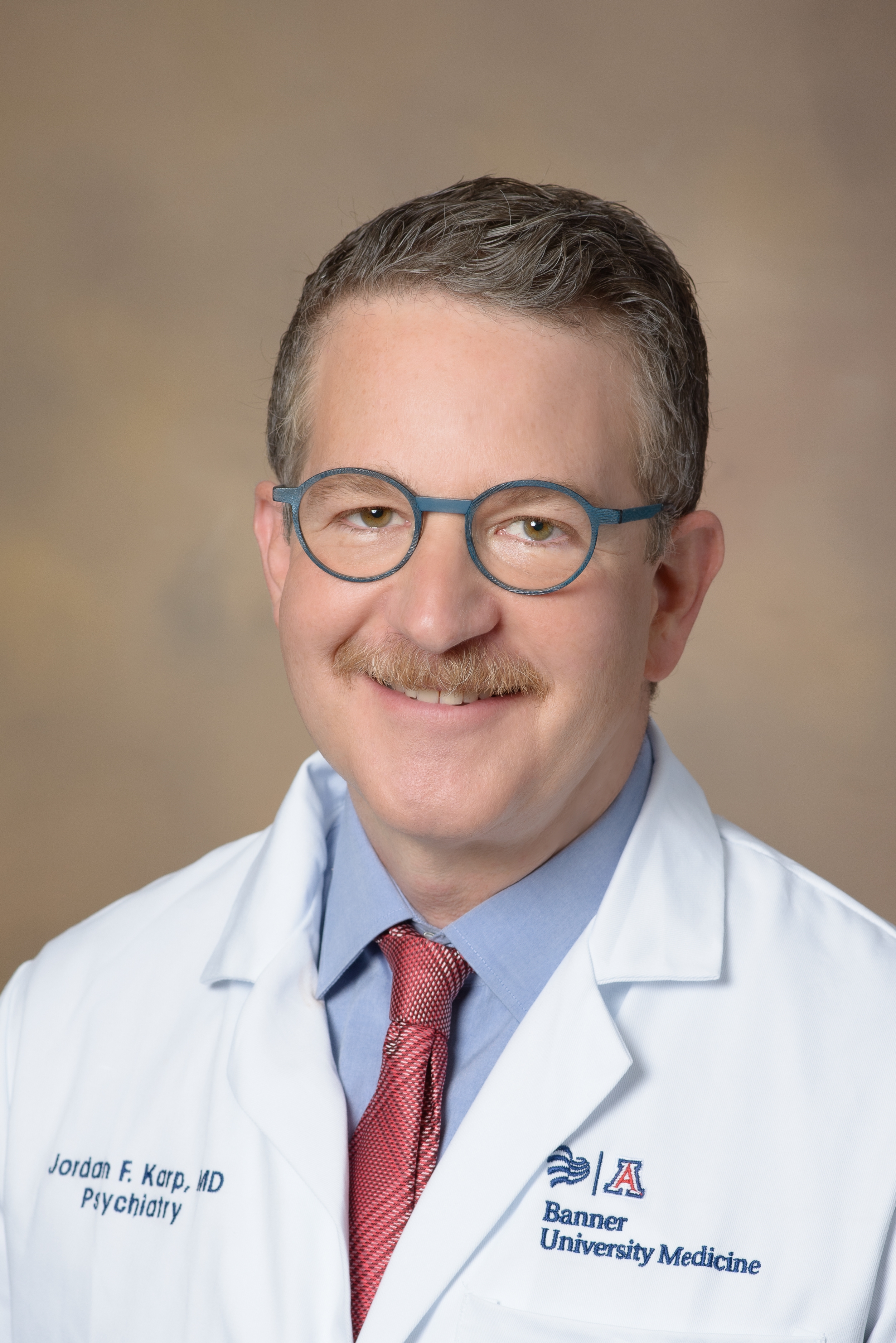 Recent advancements in geriatric psychiatry research have allowed the creation of a new evidence-based algorithm for the treatment of patients with difficult to treat late-life depression, according to two experts in the field who spoke at this year’s Annual Meeting.
Recent advancements in geriatric psychiatry research have allowed the creation of a new evidence-based algorithm for the treatment of patients with difficult to treat late-life depression, according to two experts in the field who spoke at this year’s Annual Meeting.
Jordan F. Karp, MD, professor and chair of the Department of Psychiatry at the University of Arizona College of Medicine in Tucson, said the complexity of today’s late-life patients requires psychiatrists to wear many hats, including that of primary care doctor and social worker. “I address patients’ cognition, living conditions, loneliness, driving, finances, multi-morbidities, and pain. It is especially important to ensure diabetes and sleep apnea, if present, are effectively treated.”
Karp gave several additional tips to optimize treatment of late-life depression, including the following:
- Be careful that stigmatizing ageism doesn’t creep in and affect the quality of outcomes, Karp said. Common ageist behaviors include prioritizing younger patients, showing a lack of patience and respect, excluding older patients from medical decision-making, and using condescending “elderspeak,” such as “sweetie” or “honey.
- Leverage medical assistants and nurses to do a quick phone check-in two weeks after appointments. “As many as 40% of patients never fill their prescriptions or stop taking them because of emergent side effects. You don’t want to wait two months to find that out.”
- Advise patients to think about depression treatment in 6-month “chunks of time.” “Most don’t want to think about staying on antidepressants forever,” he said. After six months, he presents information on the potential risks versus benefits of continuation.
- Charter a course with patients and position yourself as the expert. “If you’re engaged in an algorithmic, measurement-based course of treatment, then be confident with patients about what’s best when advising them.”
- Engage family supports and make sure they’re on board with the treatment.
Clinical inertia and therapeutic nihilism often interfere with better outcomes for older adults, Karp said. For example, clinicians are less likely to optimize dosing and more likely to miss residual symptoms when treating late-life depression. Common reasons include ageism, an erroneous assumption that nothing can be done about depression in older patients, and a lack of clinic appointments to schedule needed follow-ups. Yet treating late-life depression is feasible and one of the most cost-effective ways to improve older adults’ quality of life and minimize disability, Karp said.

